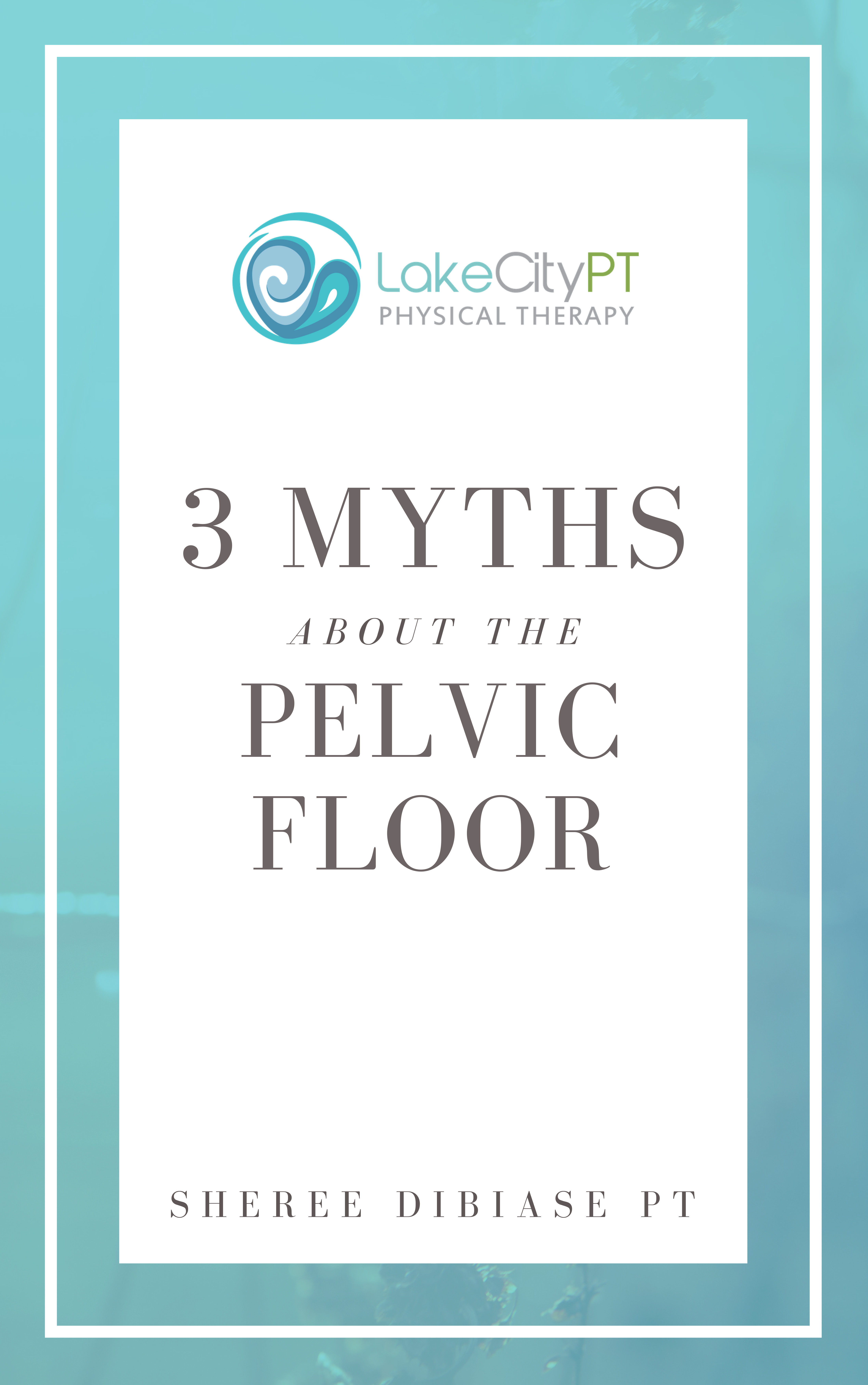PCOS and Pelvic Floor Dysfunction
Every year, millions of women suffer from polycystic ovary syndrome (PCOS) symptoms during their reproductive years. According to recent studies, 20% of the total female population is affected by this endocrine system disorder, and over 70% of them don’t even realize they have PCOS. This hormone-related condition can cause ovarian cysts, which lead to the growth of tiny fluid-filled sacs or cysts on the ovaries.
Usually, they don’t cause any inconvenience as they tend to form and disappear. But in some cases, they might stay for a while and grow in size, which increases the risk of getting them raptured. Besides ovarian cysts, women may experience prolapse, which weakens or injures the supporting muscles of the pelvic floor responsible for holding other organs in the vagina.
The pelvic floor provides essential support for organs necessary for parturition, sexual function, and handling the release of feces and urine. Experiencing dysfunction can trigger abnormal contractions and affect the overall fiber length of pelvic muscles. This condition is often influenced by a series of factors like high BMI, age, family history, multiple births, and the number or type of childbirths.
According to one study, the presence of androgen receptors inside the vaginal wall can be the primary reason for developing pelvic floor dysfunction. Likewise, women with PCOS may experience increased androgen levels in their bodies. They may notice characteristics of PCOS such as acne, irregular periods, infertility, extra facial and body hair, weight gain, and dark skin patches. So, let’s learn how pelvic floor dysfunction and PCOS are interlinked and what to do to mitigate the symptoms.
What’s The Connection Between PCOS And Pelvic Floor Muscles?
PCOS (polycystic ovary syndrome) is a common heterogeneous disorder among women of reproductive age, which often leads to excess production of androgen (male hormone) in their bodies. Therefore, this androgen-related disorder might interfere with the overall functionality of the pelvic floor muscles and cause dysfunction. Let us learn how these two conditions are interlinked with each other.
- Hormonal Imbalance
Hormonal balance is necessary to ensure optimal function of pelvic muscles as women are subject to hormonal changes throughout their lives. These changes may affect the physiology of the pelvic floor. Similarly, PCOS can cause hormonal imbalance in women as it increases androgen production, which further affects the function of the pelvic floor muscles.
Even though the evidence is insufficient, a group of studies shows that women in their third decade of life have the highest level of testosterone. It was also noted that women with PCOS have experienced more prolapse than non-PCOS women, as they may face irregular periods, hyperandrogenic, and polycystic ovary. That shows a significant connection between pelvic organ prolapse and luteinizing hormone levels.
These hormonal changes can make the pelvic muscles weak, which is why you need to consider pelvic physical therapy to treat your unique conditions. Performing pelvic floor exercises will strengthen the muscles around the pelvic region and enable you to recover from any past trauma.
- Obesity And Overweight
Being overweight or obese is among the most common disorders that women with PCOS suffer from. Obesity can make you prone to lower urinary tract symptoms (LUTS) and stress urinary incontinence (SUI). Recent evidence showed that obese women have a high level of intra-abdominal pressure, which increases the chances of damaging the pelvic floor and makes them prone to stress incontinence and abnormal urinary tract function.
Obese women with PCOS are more likely to experience prolapse. The higher your BMI is, the higher the chances of developing stress incontinence. Even though losing weight is not associated with improving bodily structure, it can help mitigate the symptoms of pelvic floor dysfunction.
Since there is no cure for PCOS, women should consider taking pelvic physical therapy sessions to mitigate the problems associated with their pelvic floor muscles. Or consult a doctor to seek the right treatment.
- Hormonal Medications
The use of hormonal medications by women with PCOS may also affect the proper functionality of the pelvic organs. Women with PCOS are often treated with oral contraceptives, and it has been recorded that over 25% of women are likely to experience urinary incontinence. However, they had a reduced risk of developing symptoms related to mixed, urgent, and stress incontinence.
But there is no evidence to back up the claims associated with pelvic organ dysfunction accompanied by PCOS. Since women experience hormonal imbalances throughout their lives, PCOS can increase androgen and may have a protective effect on the pelvic muscles. However, further studies are required to determine the potential impact of hormonal imbalance on pelvic floor function in women with PCOS.
Potential Symptoms Of PCOS Associated With Pelvic Floor Dysfunction
There are a number of symptoms that you might experience that are associated with PCOS. Some women may experience manageable symptoms, while others might be adversely affected. Either way, you must talk to a doctor if you experience the following symptoms.
- Absent or irregular ovulation
- Absent or irregular periods.
- Growing excessive body or facial hair
- Difficulty Losing or maintaining your weight, or gaining too much weight
- Persistent acne
- Dark skin patches or skin tags
- Thinning scalp hair
- Infertility.
Besides these above symptoms, some women with PCOS may also experience bladder problems like nocturia, stress, and urgency incontinence. So, consult with a professional to seek the proper treatment for your unique condition.
And you should also consider taking pelvic physical therapy sessions, as these therapeutic procedures will provide a practical approach to improving the overall strength of your pelvic muscles and help you alleviate weakness, dysfunction, and pain in the muscles.
In Conclusion
Since there is no treatment for eradicating PCOS, the potential symptoms can lead to pelvic floor dysfunction. Because the pain caused by PCOS and other unknown factors can severely affect the function of the pelvic muscles. The stress and tension held in that region can lead to pelvic floor dysfunction or chronic pelvic pain syndrome.
If these symptoms remain unaddressed, then it will affect other bodily functions. Fortunately, patients can benefit from pelvic physical therapy for managing the symptoms and mitigating the pain by strengthening the pelvic muscles. So, it’s better to seek professional help and get appropriate treatment.

